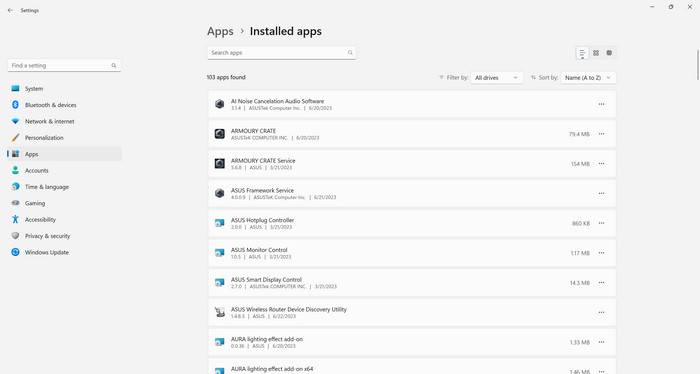When it comes to protecting your computer from malware and other security threats, having a reliable antivirus software is crucial. Microsoft Security Essentials (MSE) is a free antivirus program developed by Microsoft for Windows operating systems. In this article, we will explore what MSE is, its features, its effectiveness, and whether or not you should consider uninstalling it.

What is Microsoft Security Essentials?
Microsoft Security Essentials is an antivirus program designed to provide real-time protection against various types of malware, including viruses, spyware, and other malicious software. It was first released in 2009 as a free alternative to paid antivirus solutions.
MSE offers a range of features to keep your computer safe. It includes a real-time scanning feature that continuously monitors your system for any suspicious activity or files. It also provides automatic updates to ensure that your antivirus definitions are up to date, protecting you from the latest threats.
Is Microsoft Security Essentials Effective?
When it comes to antivirus software, effectiveness is a key factor to consider. Microsoft Security Essentials has received mixed reviews over the years, with some experts praising its performance and others criticizing its effectiveness.
In independent tests conducted by AV-TEST, an independent IT security institute, Microsoft Security Essentials consistently scored lower than other popular antivirus programs in terms of protection and detection rates. However, it is worth noting that MSE still provides a basic level of protection and can be sufficient for users who practice safe browsing habits and exercise caution when downloading files.
It is important to remember that no antivirus program can guarantee 100% protection against all threats. Therefore, it is recommended to supplement your antivirus software with additional security measures, such as regularly updating your operating system and using a reliable firewall.
Should I Uninstall Microsoft Security Essentials?
Whether or not you should uninstall Microsoft Security Essentials depends on your specific needs and preferences. Here are a few factors to consider:
1. Performance Impact:
Some users have reported that Microsoft Security Essentials can have a noticeable impact on system performance, particularly on older or less powerful computers. If you find that your computer is running slower or experiencing performance issues, you may consider uninstalling MSE and trying an alternative antivirus program.
2. Advanced Features:
If you require advanced features such as advanced threat detection, ransomware protection, or a more comprehensive firewall, you may want to consider switching to a paid antivirus solution or a different free antivirus program that offers these features.
3. Personal Preference:
Ultimately, the decision to uninstall Microsoft Security Essentials is a personal one. If you are satisfied with its basic level of protection and find it easy to use, there may be no need to switch to a different antivirus program.
However, if you decide to uninstall Microsoft Security Essentials, it is important to replace it with another reliable antivirus program to ensure that your computer remains protected. One recommended alternative is Malwarebytes Free, a popular antivirus program known for its strong malware detection capabilities.
Conclusion
Microsoft Security Essentials is a free antivirus program developed by Microsoft to provide basic protection against malware. While it may not offer the same level of effectiveness as some paid antivirus solutions, it can still be a suitable option for users who practice safe browsing habits and exercise caution when downloading files.
If you are experiencing performance issues or require advanced features, you may consider uninstalling Microsoft Security Essentials and switching to a different antivirus program. However, it is important to replace it with another reliable antivirus solution to ensure that your computer remains protected.
Remember, no antivirus program can guarantee complete protection, so it is essential to adopt additional security measures and stay vigilant while using your computer.




